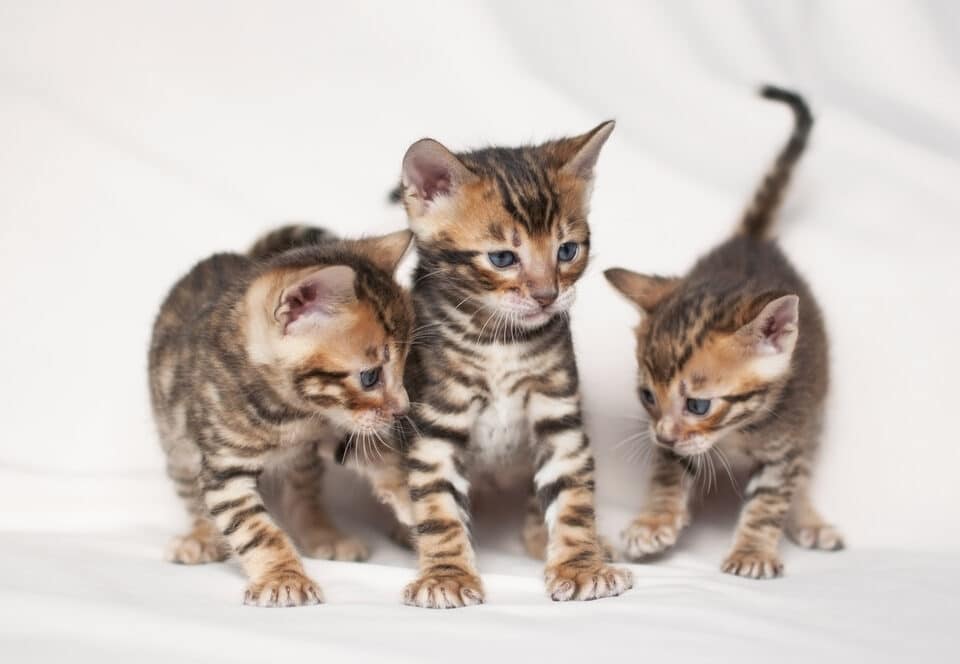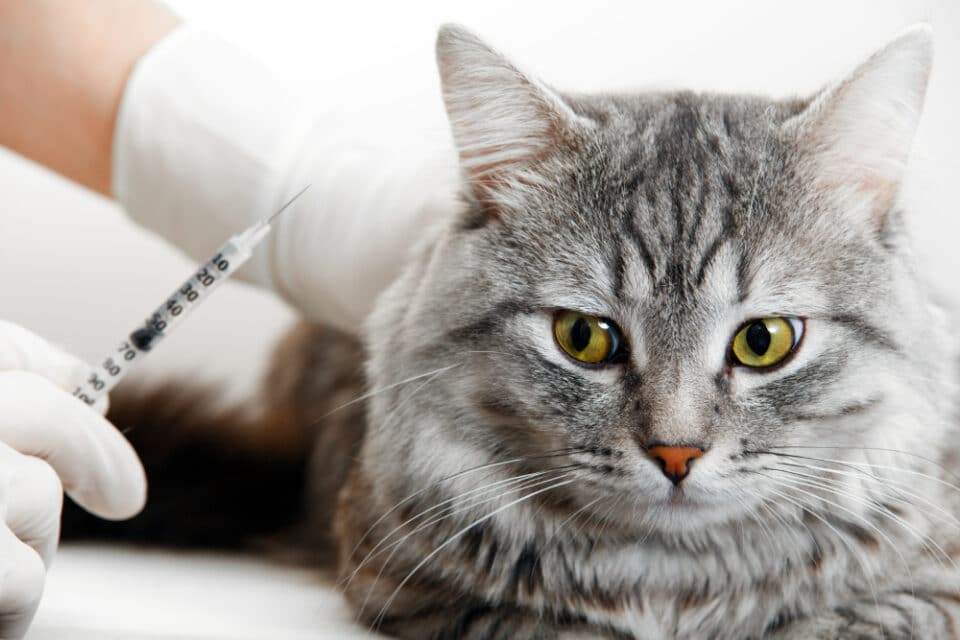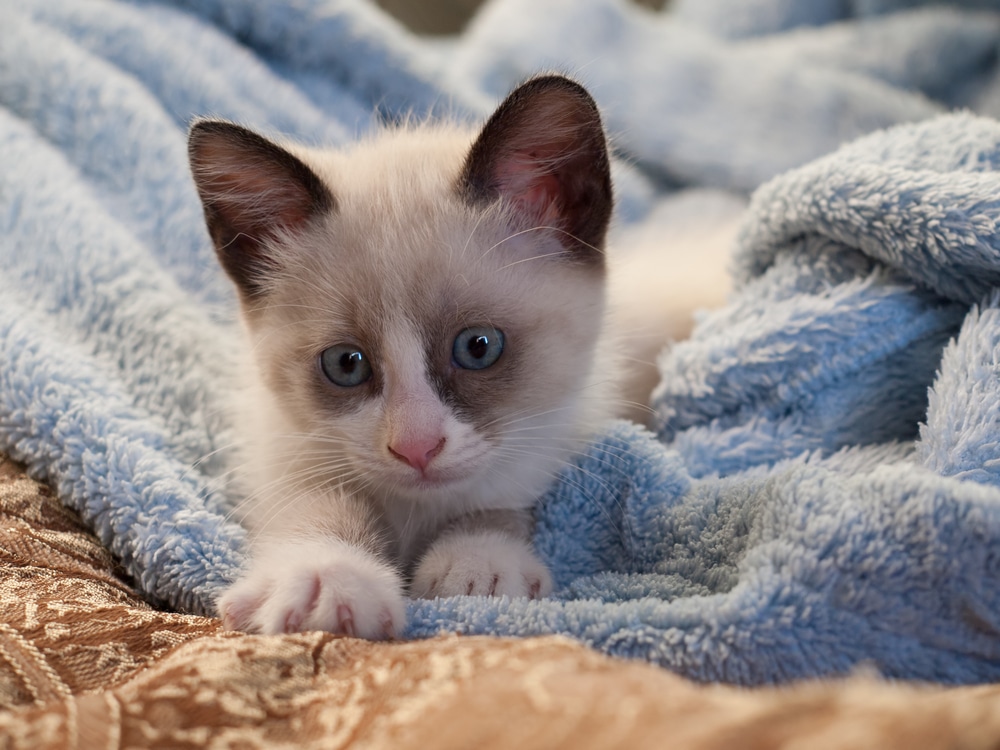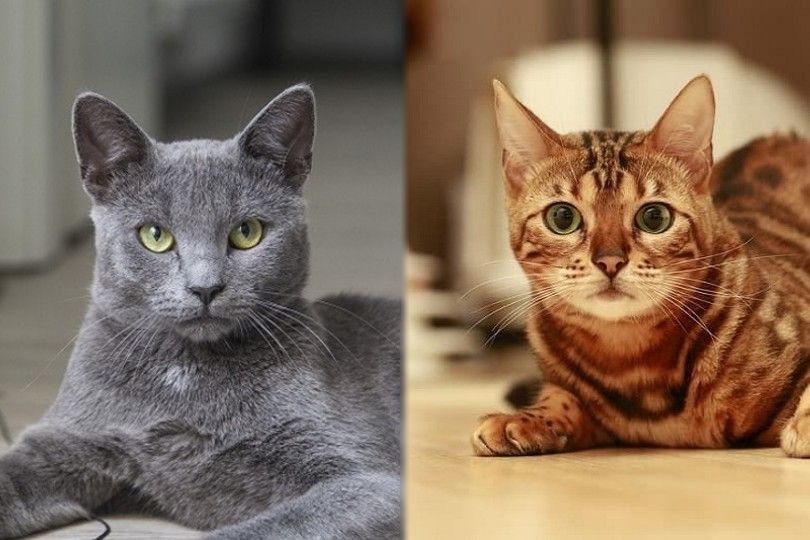Ever thought about becoming a cat breeder? It’s not just about letting your kitties have litters. It’s a journey filled with responsibilities. From ensuring your feline friend’s well-being to understanding the ethics of breeding, it’s an adventure that requires dedication. This article dives into what it takes to be not just a breeder, but a responsible one.
We’re exploring both the financial and ethical sides of cat breeding. The costs can be substantial, but that’s just one part of the picture. You’ll also need to navigate regulations and standards that promote the well-being of each cat. This is your roadmap to becoming a breeder who cares.
Understanding Ethical Breeding
Before you decide to breed cats, it’s crucial to understand the implications of cat overpopulation. Every year, millions of cats end up in shelters, and sadly, many are euthanized. Breeding should not contribute to this grim statistic. It’s essential to have a clear purpose for breeding and ensure it supports the health and variety of cat breeds.
Ethical breeding requires more than just a passion for cats. It’s about the animals’ welfare, preserving healthy genetics, and not contributing to the overpopulation problem. Seek guidance from veterinarians and conduct extensive research. Remember, breeding should focus on the betterment of the species, not just to produce more kittens.
It’s also essential to avoid breeding cats with health issues or poor conformations. Brachycephalic breeds often have lifelong health challenges that could pass to their offspring. If you’re set on breeding, it’s vital to adhere strictly to guidelines that prioritize the animals’ health and future generations.
Beyond Basic Costs
Running a breeding operation is akin to managing a small business. You’ll encounter costs beyond basic care, including insurance, marketing, show fees, and taxes. Each of these components adds to the comprehensive budget required to operate ethically.
It’s important to maintain a good reputation through proper record-keeping. This includes medical documentation for prospective cat owners. Keeping thorough records not just for transparency but also to stay organized within your operation. A documented history helps in maintaining standards that can prevent any breeding mishaps.
Steps to Ethical Breeding
Consider your motivation carefully before starting the breeding process. If financial gain is the only reason, this might not be the right path. Think about how your actions impact the species and the ethical concerns involved.
A deep knowledge of breeding practices forms the foundation of ethical breeding. Consult with veterinarians, read extensively and engage with experienced breeders. Local legislation will also influence your approach. These elements are fundamental in preparing for a sustainable breeding practice.
Once you’re well-prepared, align yourself with a reputable cat council like the Cat Fanciers’ Association. This step ensures adherence to higher standards and provides a support network for ethical breeding.
Selecting and Registering Breeding Cats
Your choices should reflect commitment to the breed’s health. Purchase breeding cats from reputable breeders, ensuring they have a strong lineage and are free of health issues. Avoid selecting cats from friends or shelters where pedigree may be uncertain.
Separate housing for male and female cats is mandatory unless planned breeding is desired. If using a stud service, always verify the health and pedigree of the male cat. Prepare to offer similar documentation for your cats to maintain transparency in breeding operations.
Register your cats with a recognized cat council, which will help ensure standards are met. This organization will offer guidance on maintaining ethical breeding practices.
Important Record-Keeping
Maintain detailed records of all medical, genetic, and disease tests. This practice isn’t just about accountability; it builds trust with prospective owners. Presenting documentation readily can distinguish a trustworthy breeder from others.
Selling kittens means ensuring each goes to a good home. Transparency about health issues and histories is essential. Thorough records help prospective owners make informed decisions and promote healthier future breedings. A kitten’s health and well-being should always be a breeder’s priority.
Legal and Ethical Standards
Being a breeder involves more than just managing cats. It’s about adhering to legal and ethical standards that foster a healthy breeding environment. This includes local laws regarding animal welfare and breeding permits.
Every practice within breeding should strive to improve the breed’s quality of life. It’s a commitment to providing the best care and ethical standards for every cat.
Ethical cat breeding is not just a passion; it’s a commitment to health and resilience. With the right care, breeding can enhance and sustain cat breeds. It’s about creating healthier generations and offering loving homes.
Breeding demands dedication and adherence to ethical standards. It’s rewarding to contribute positively to cat breeds, ensuring they’re cherished companions in good health.










